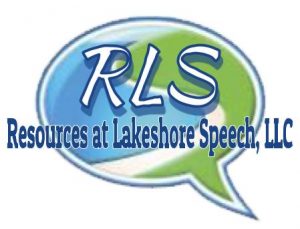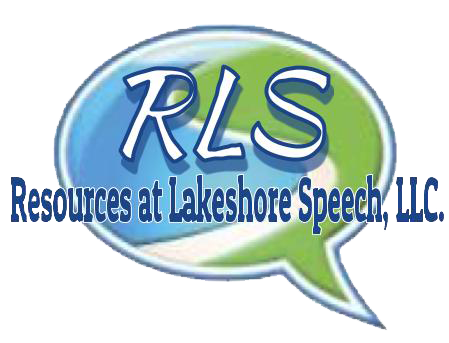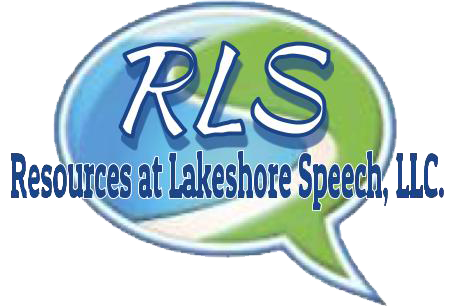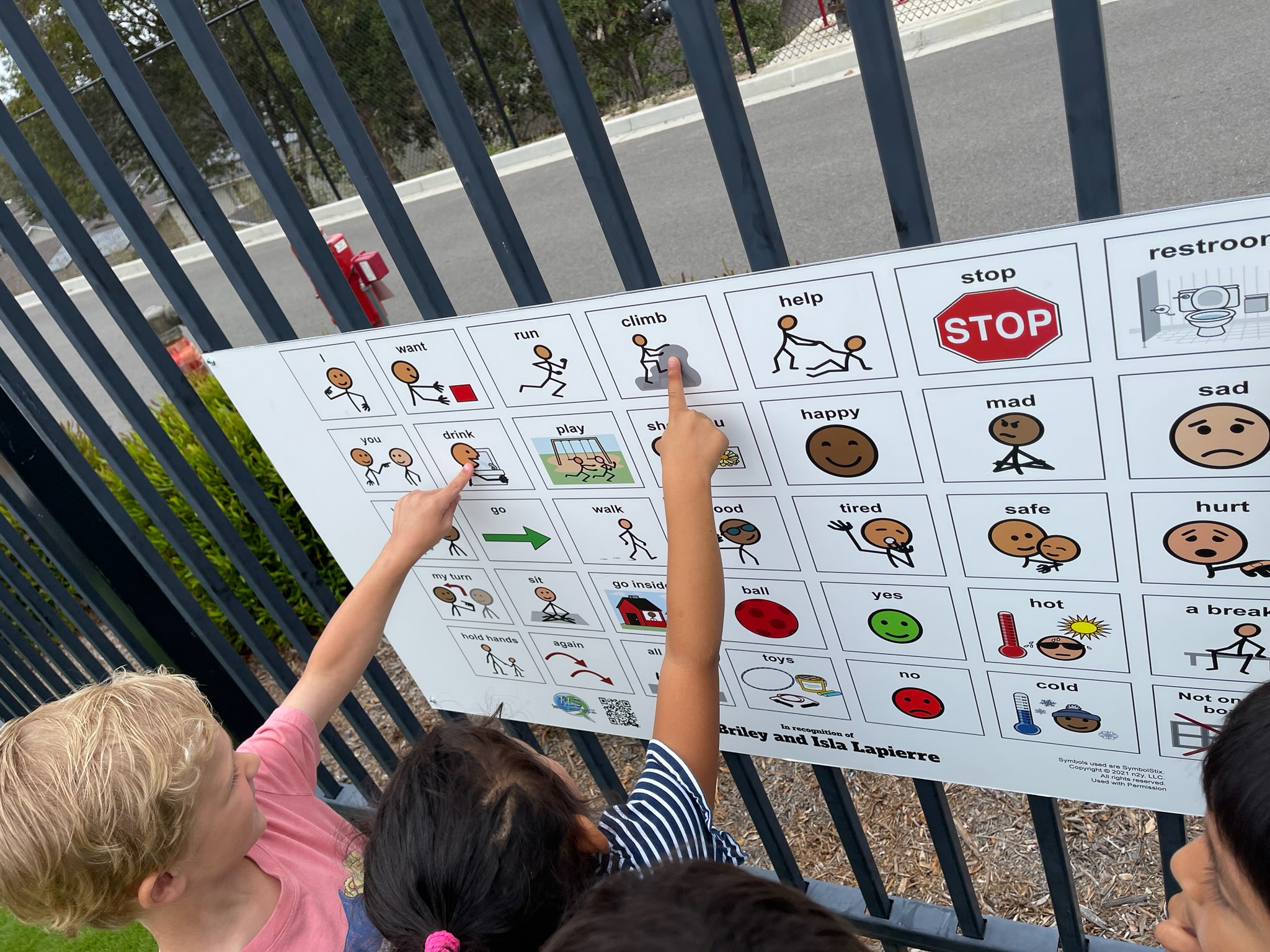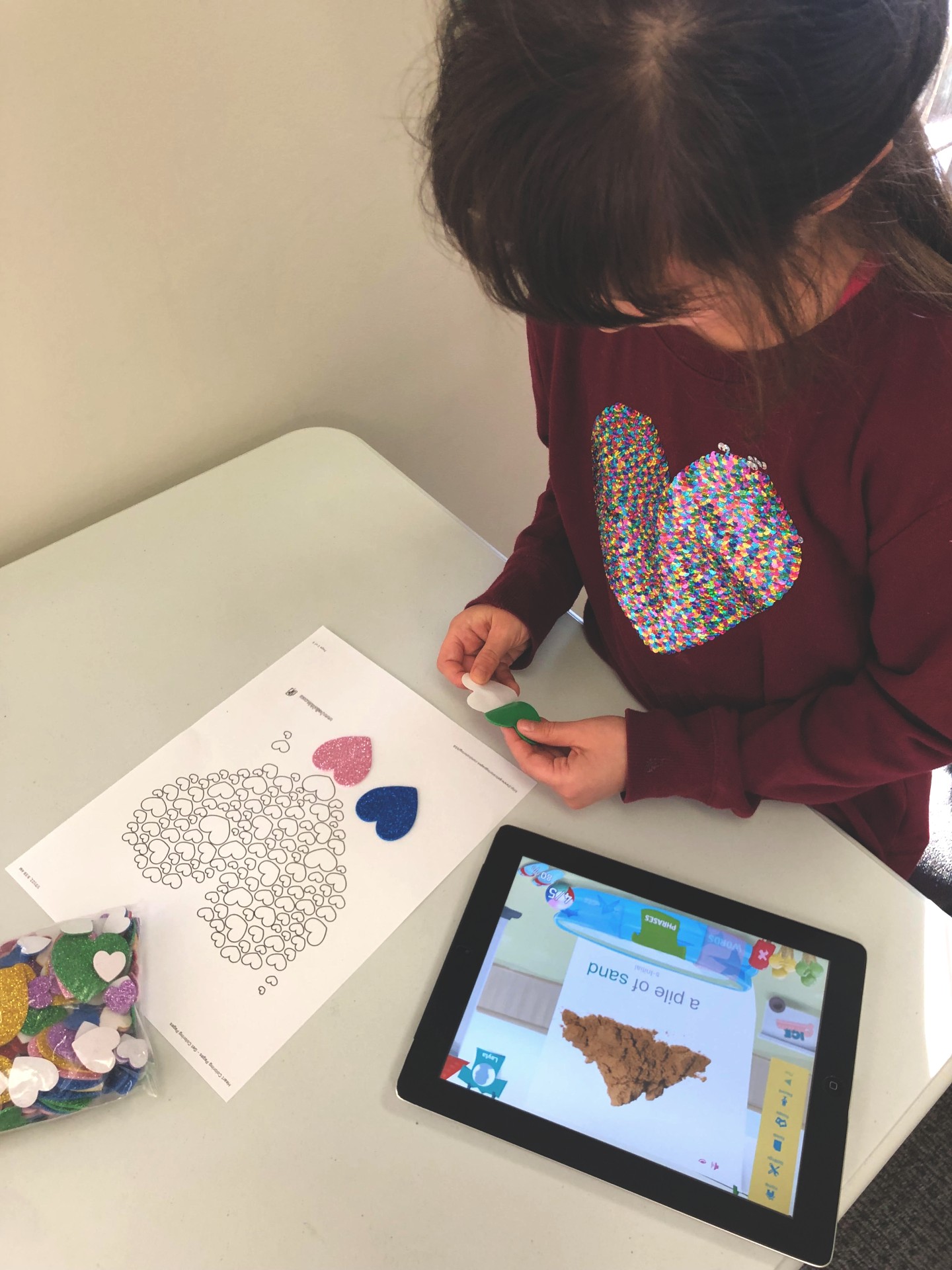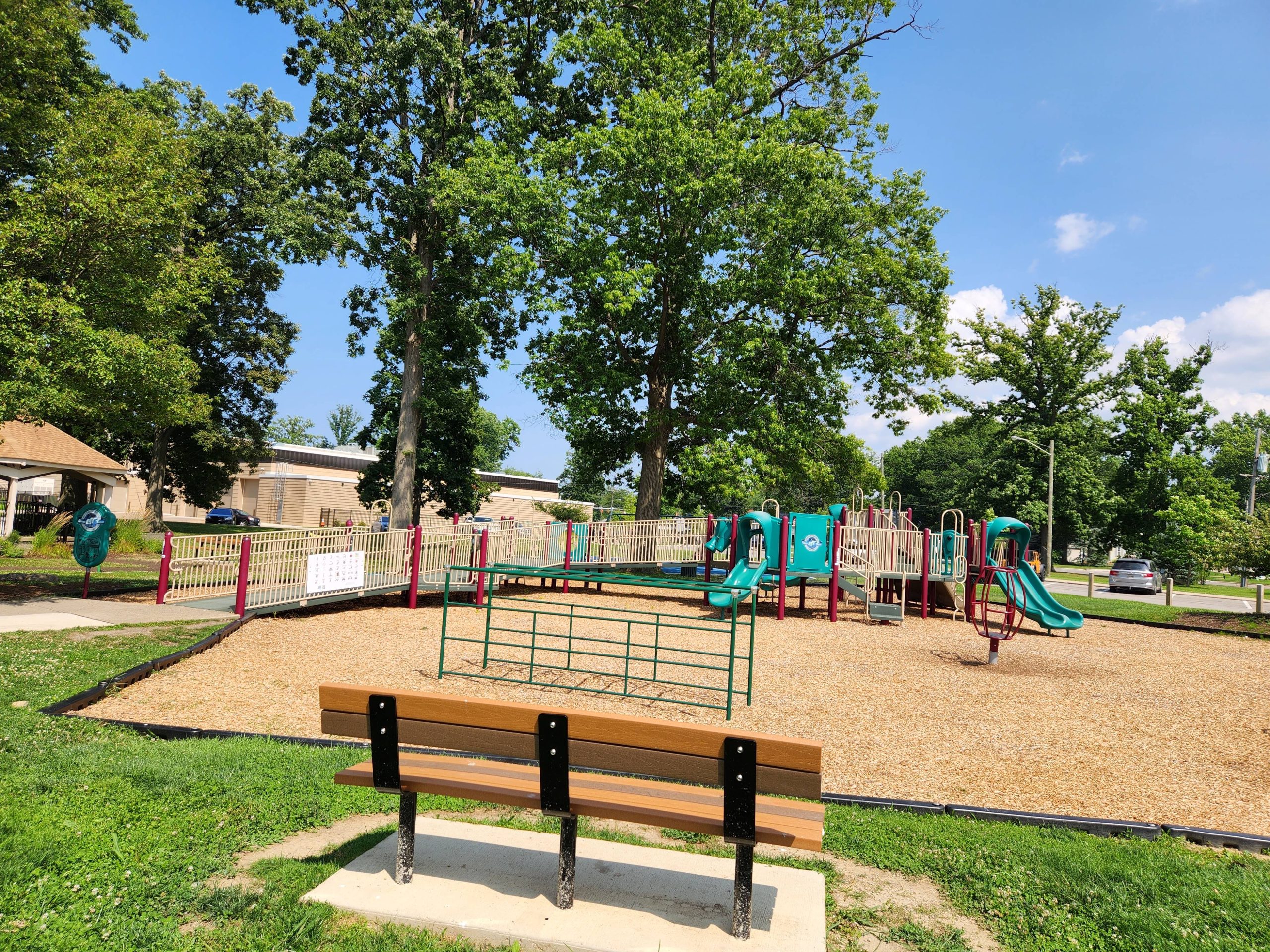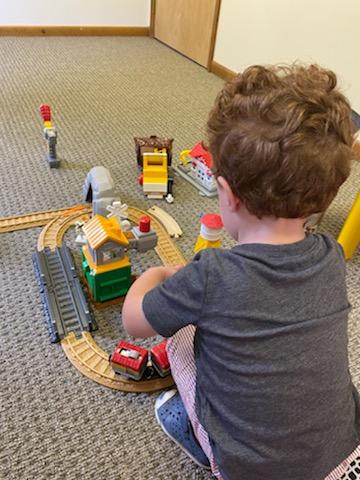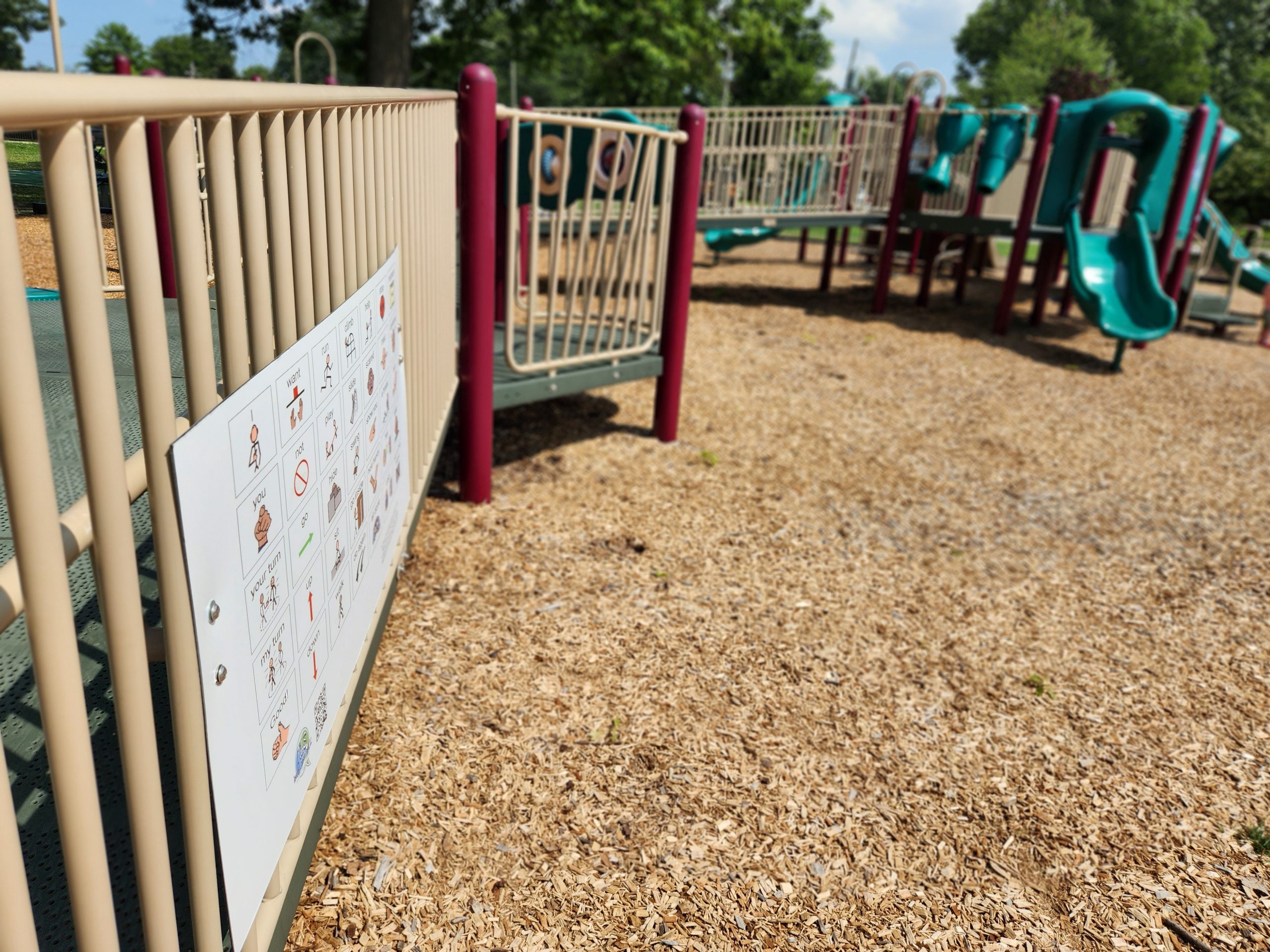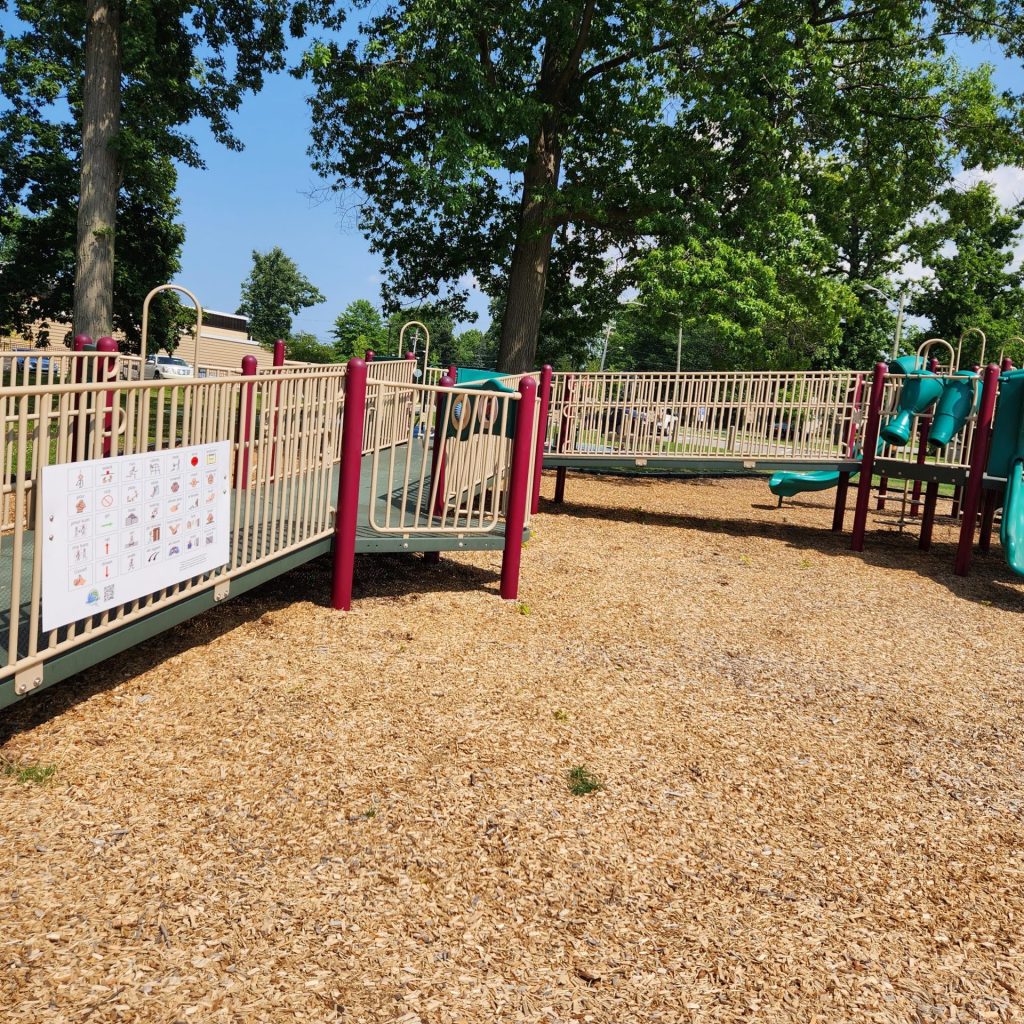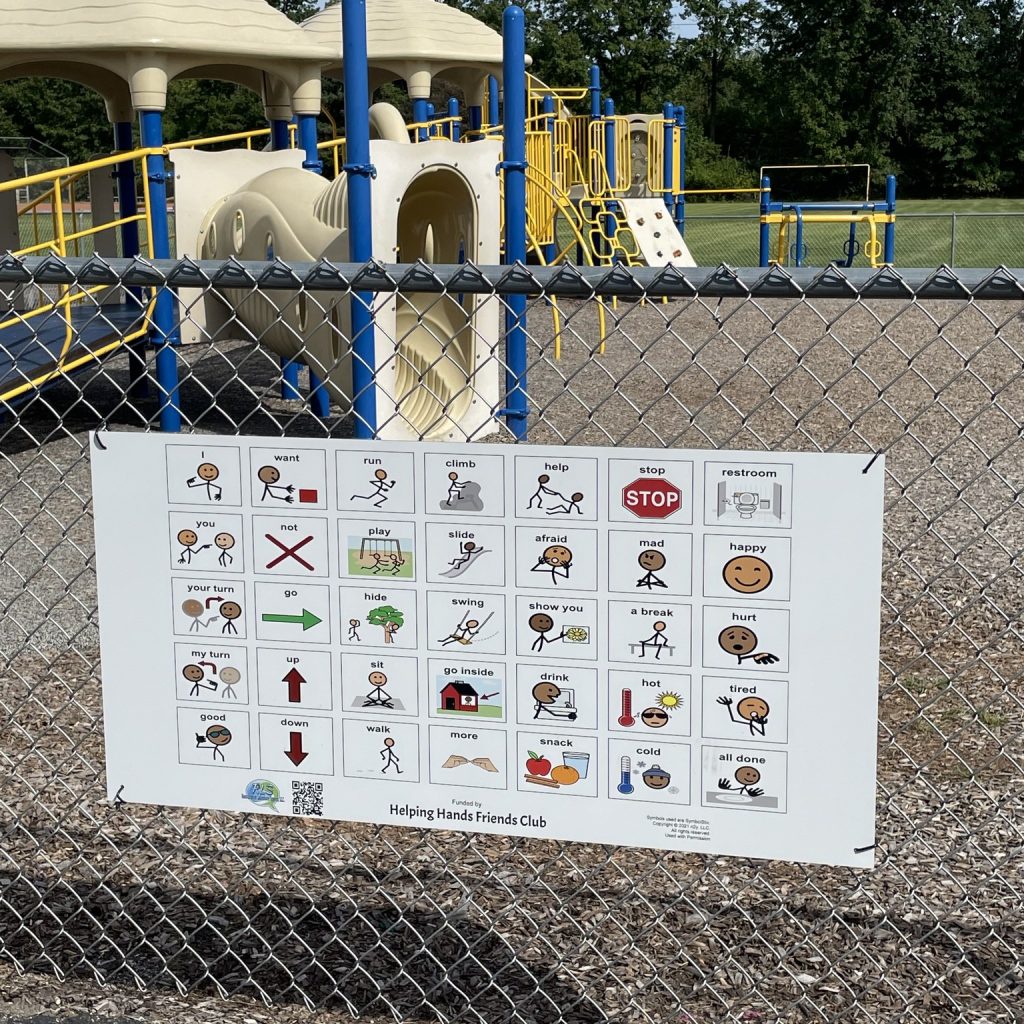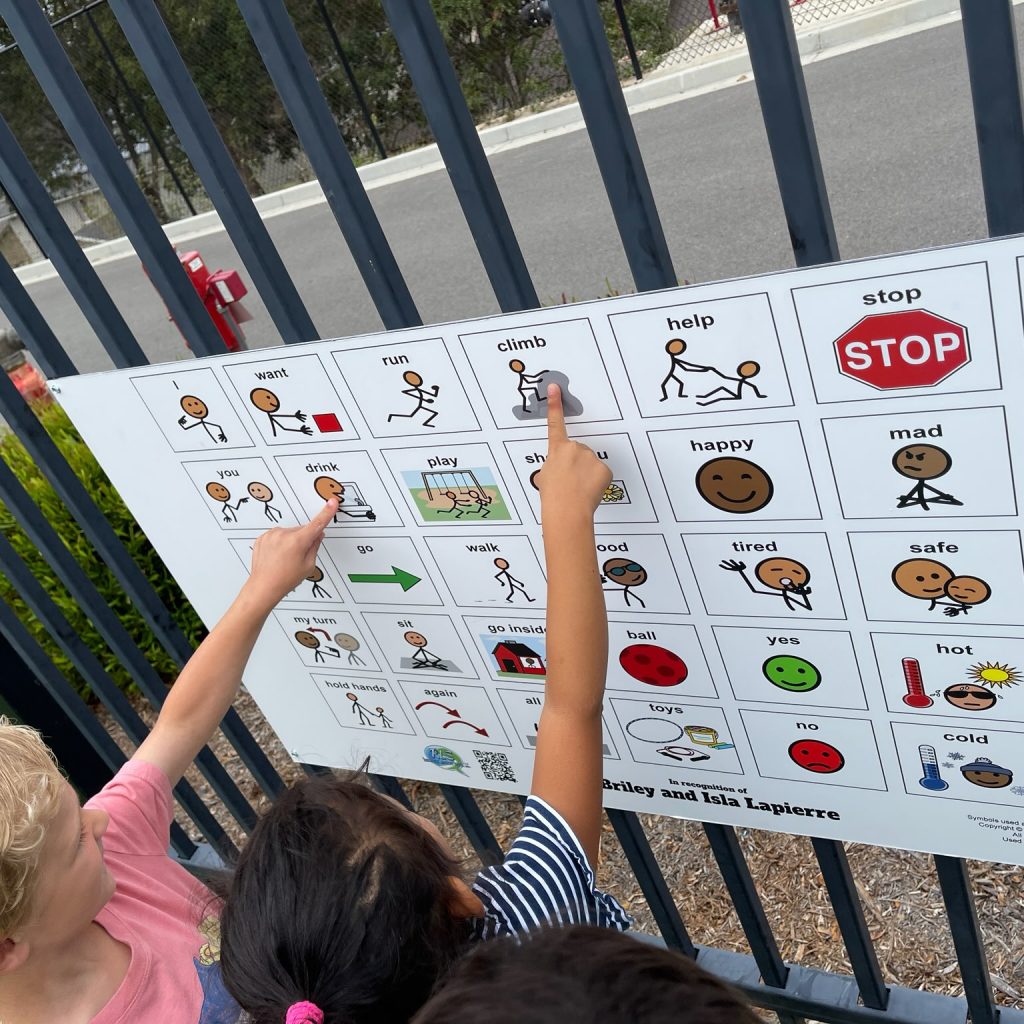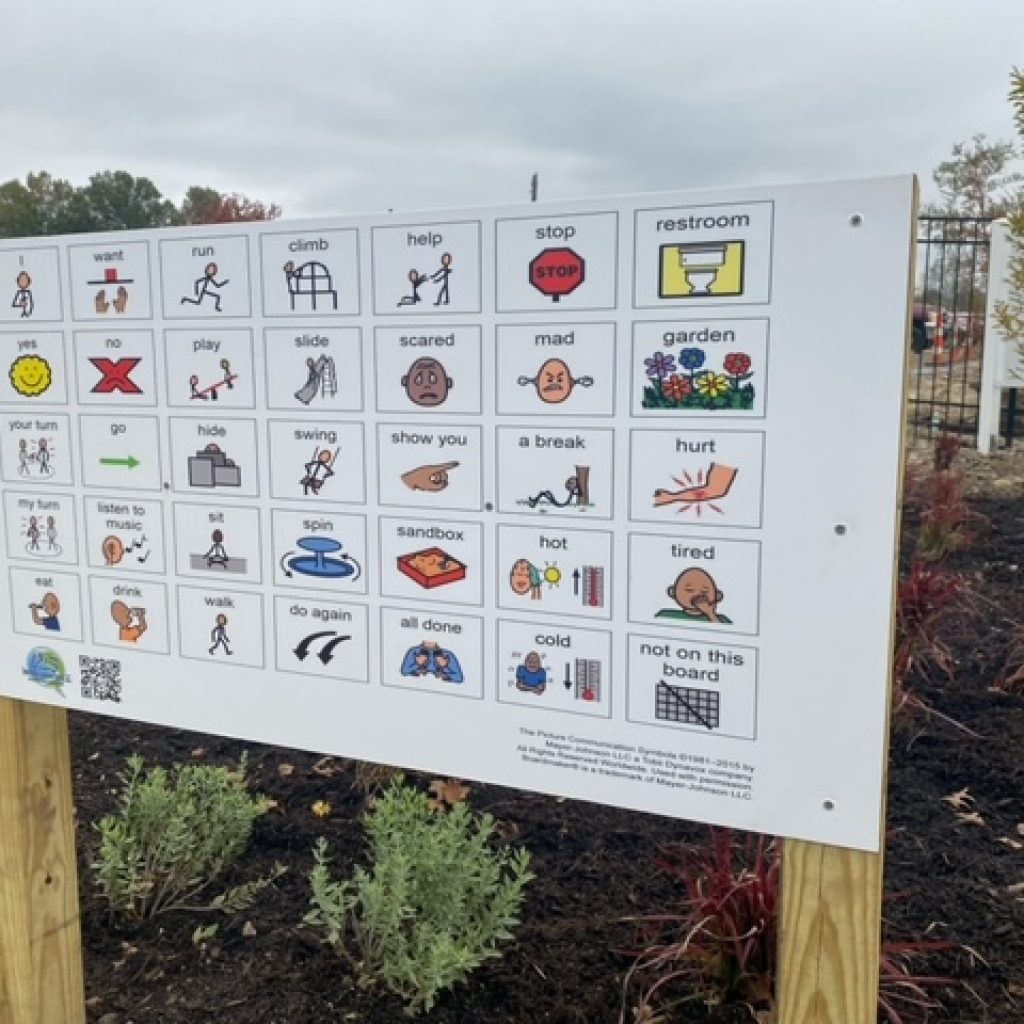In this week’s blog, learn how to model and encourage the use of communication boards to increase communication and build meaningful relationships.
Continue readingHow to Give Everyone a Way to Express Their Love
Giving everyone a voice to express their love on Valentine’s Day does not have to be hard.
Continue readingHow To Build Compassion In Our Community : Understand AAC Better
Learn how understanding the use of AAC can build a community of compassionate accepting individuals.
Continue readingHow Speech Therapy And Social Skills Build Better Relationships
Speech therapy can help to develop and polish social skills. Social skills help create meaningful relationships, something we all need in our lives.
Continue readingHow To Make Sure Inclusive Playgrounds Have What They Need
Inclusive playgrounds create an environment of acceptance for all children. When designing a playground it is important to include the key elements.
Continue readingHow to Make Play an Important Part of the Day
Play is important at all stages of child development. Play is the ‘work’ of childhood.
Continue readingFollowing Your Schedule: How to get Back on Track
Holidays can be a time when the normal routine is disrupted. It’s time to get back on track and follow your daily routine.
Continue reading